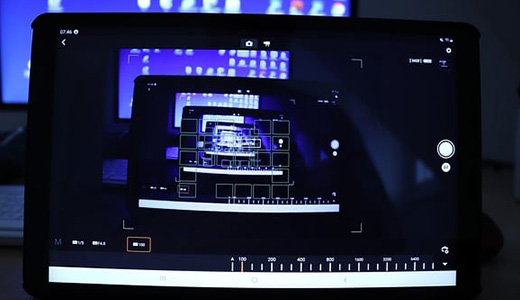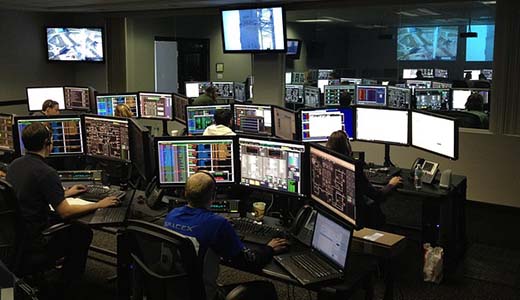What is remote patient monitoring company?
A remote patient monitoring (RPM) company specializes in technology that allows healthcare providers to monitor patients' health data from a distance. Using devices such as wearables, sensors, and mobile apps, these companies track vital signs, medication adherence, and other health metrics in real time. This facilitates timely interventions, enhances patient engagement, and improves overall healthcare outcomes while reducing the need for in-person visits. RPM is especially useful for managing chronic conditions and supporting patients in their homes.
Applications of remote patient monitoring company?
Remote patient monitoring (RPM) companies improve healthcare by enabling real-time tracking of patients' health metrics, such as vital signs, glucose levels, and medication adherence. Applications include chronic disease management, post-operative care, and preventive health monitoring. RPM enhances patient engagement, reduces hospital readmissions, and streamlines communication between patients and healthcare providers. Additionally, it supports personalized treatment plans, increases access to care in rural areas, and aids in clinical research by collecting extensive patient data. Overall, RPM fosters a more efficient, patient-centered healthcare system.
Different types of remote patient monitoring company?
Remote patient monitoring companies can be categorized into several types:
Chronic Disease Management: Focus on managing conditions like diabetes, hypertension, and COPD through real-time monitoring and feedback.
Telehealth Platforms: Provide virtual consultations in conjunction with monitoring tools.
Wearable Technology: Develop devices that track vital signs, physical activity, and sleep patterns.
Mobile Health Apps: Offer smartphone solutions for self-monitoring health metrics.
Integrated Health Systems: Combine monitoring with electronic health records for holistic patient management.
Each type targets specific healthcare needs and populations.
Technology used for remote patient monitoring company?
Remote patient monitoring companies typically utilize a combination of technologies, including wearable devices (e.g., heart rate monitors, glucose sensors), mobile health applications, secure cloud-based platforms for data storage and analytics, telecommunication tools for video consultations, and artificial intelligence for data interpretation and alerts. These technologies enable real-time health tracking, patient engagement, and communication between healthcare providers and patients, ultimately improving care management and outcomes. Interoperability standards also play a crucial role in facilitating seamless data exchange across various healthcare systems.
Advantages and disadvantages of remote patient monitoring company?
Advantages: Remote patient monitoring (RPM) enhances patient engagement, provides real-time health data, improves chronic disease management, and reduces hospital readmissions. It also allows for timely interventions and supports personalized care.
Disadvantages: Challenges include data privacy concerns, potential technical issues, and the need for patient compliance. Additionally, RPM may not be suitable for all patient demographics, and reliance on technology can create disparities in access to care.






